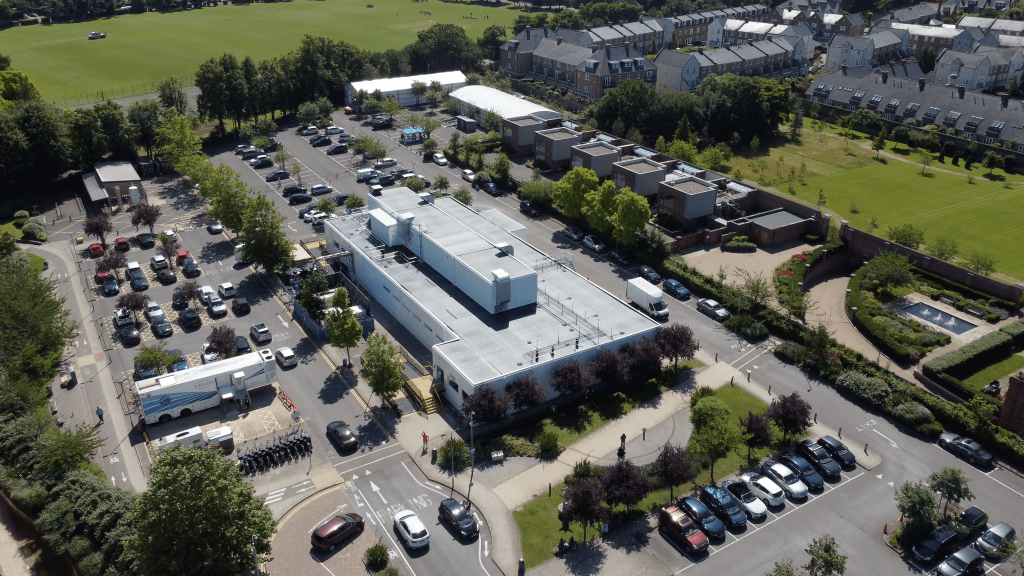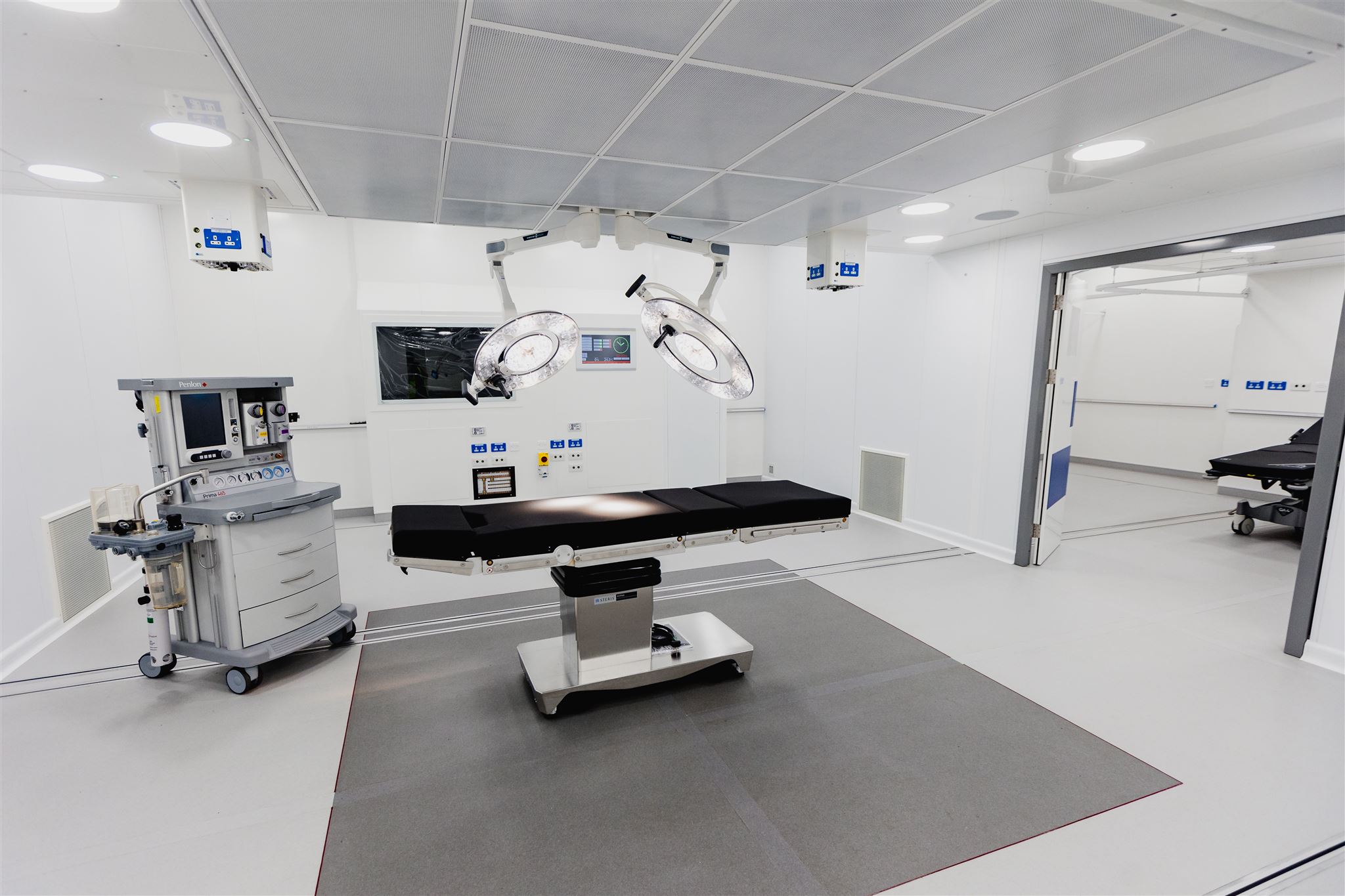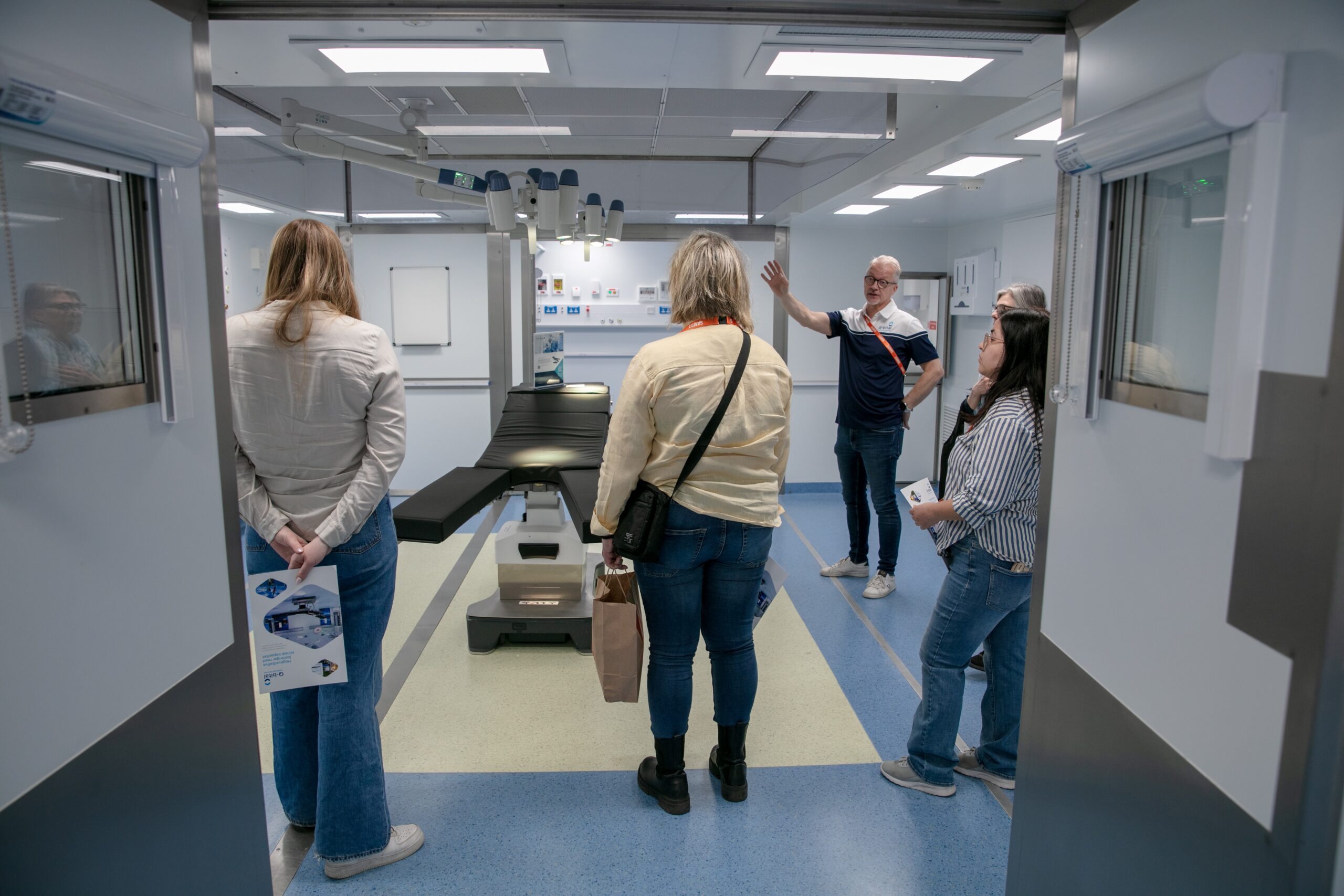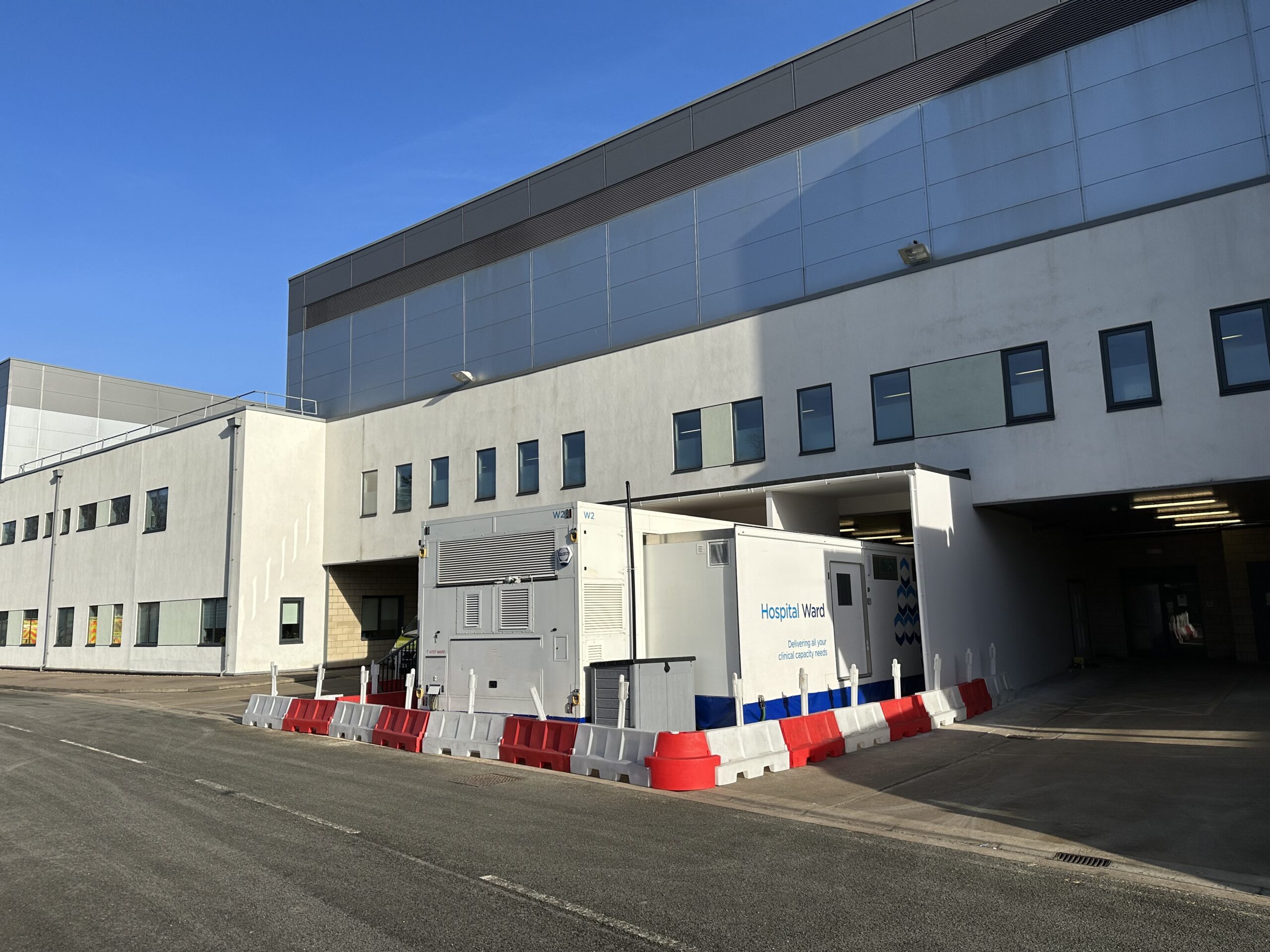Q-bital Healthcare Solutions sa zadovoljstvom može podijeliti konačni dodatak serije od tri dijela za recenzirane British Journal of Healthcare Management. Serija istražuje slučaj modularnih objekata, posebno u zdravstvenim okruženjima, te složenost isporuke i održavanja tih objekata.
Dodatak je podijeljen u tri jasna odjeljka:
Mnogo prije početka pandemije Covid-19 NHS se suočio s razdobljem povećanih zaostataka u brizi o pacijentima i održavanju zgrada, a kasnija pandemija je tome dodala. Postalo je očito da su brzo raspoređeni volumetrijski modularni prostori za zdravstvenu njegu bili ključni u pomaganju NHS-u da izgradi natrag bolje. Prvi dio u nizu zagovara modularne objekte kao isplativije i učinkovitije rješenje za tradicionalnu gradnju od cigle i žbuke. Gledajući dvije detaljne studije slučaja u Newcastleu i jugozapadnom Londonu, članak istražuje različite razloge iza odluka Trusta da instalira modularna rješenja.

Slično kao i tradicionalne gradnje, proces puštanja u rad i planiranja novog modularnog kompleksa zahtijeva suradnju velikog broja dionika. Drugi dio detaljno opisuje praktična razmatranja za puštanje u rad i isporuku modularnih objekata s obzirom na oba projekta u Newcastleu i jugozapadnom Londonu. Članak se bavi izazovima s kojima se susreće pri početnom naručivanju projekata, razmatranjima fleksibilnosti i uobičajenim zabludama o modularnim objektima.
Posljednji dio serije razmatra modularne objekte sa širim objektivom, raspravljajući o utjecaju trenutne infrastrukture na zdravlje i ekonomiju i istražujući punu fleksibilnost i održivost modernih metoda izgradnje u zdravstvenom sustavu s ograničenim resursima. Dotičući se usvajanja načela kružnog gospodarstva, dugoročnog pristupa proširenju posjeda NHS-a, završni članak ističe kako uvođenje modularnih objekata u zdravstvene sustave pomaže NHS-u u poboljšanju učinkovitosti i postizanju dugoročnih ciljeva uštede troškova i održivosti.
Za čitanje cjelovitog dodatka u tri dijela kliknite ispod:



Q-bital Healthcare Solutions
Jedinica 1144 Regent Court, The Square, Gloucester Business Park, Gloucester, GL3 4AD
